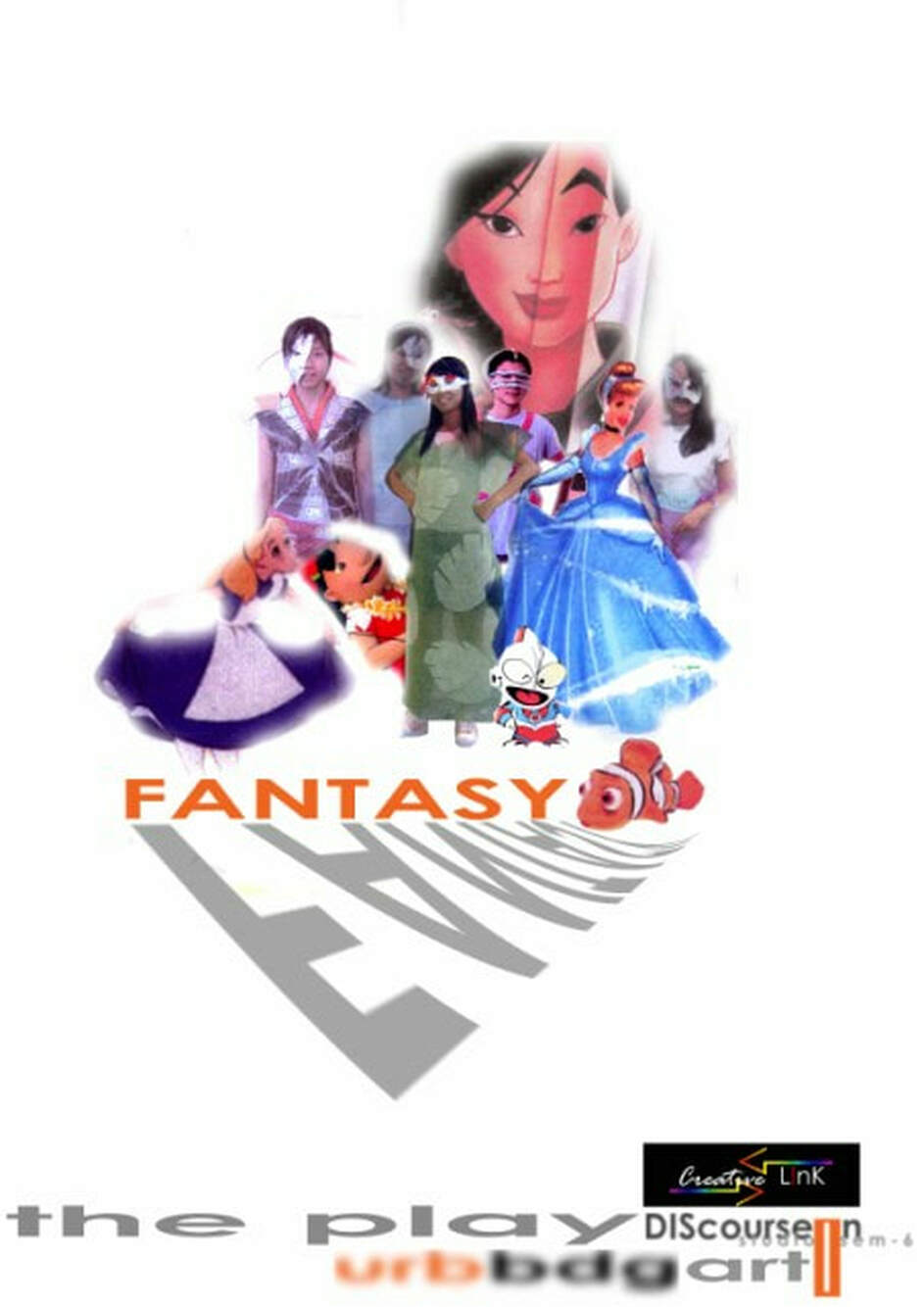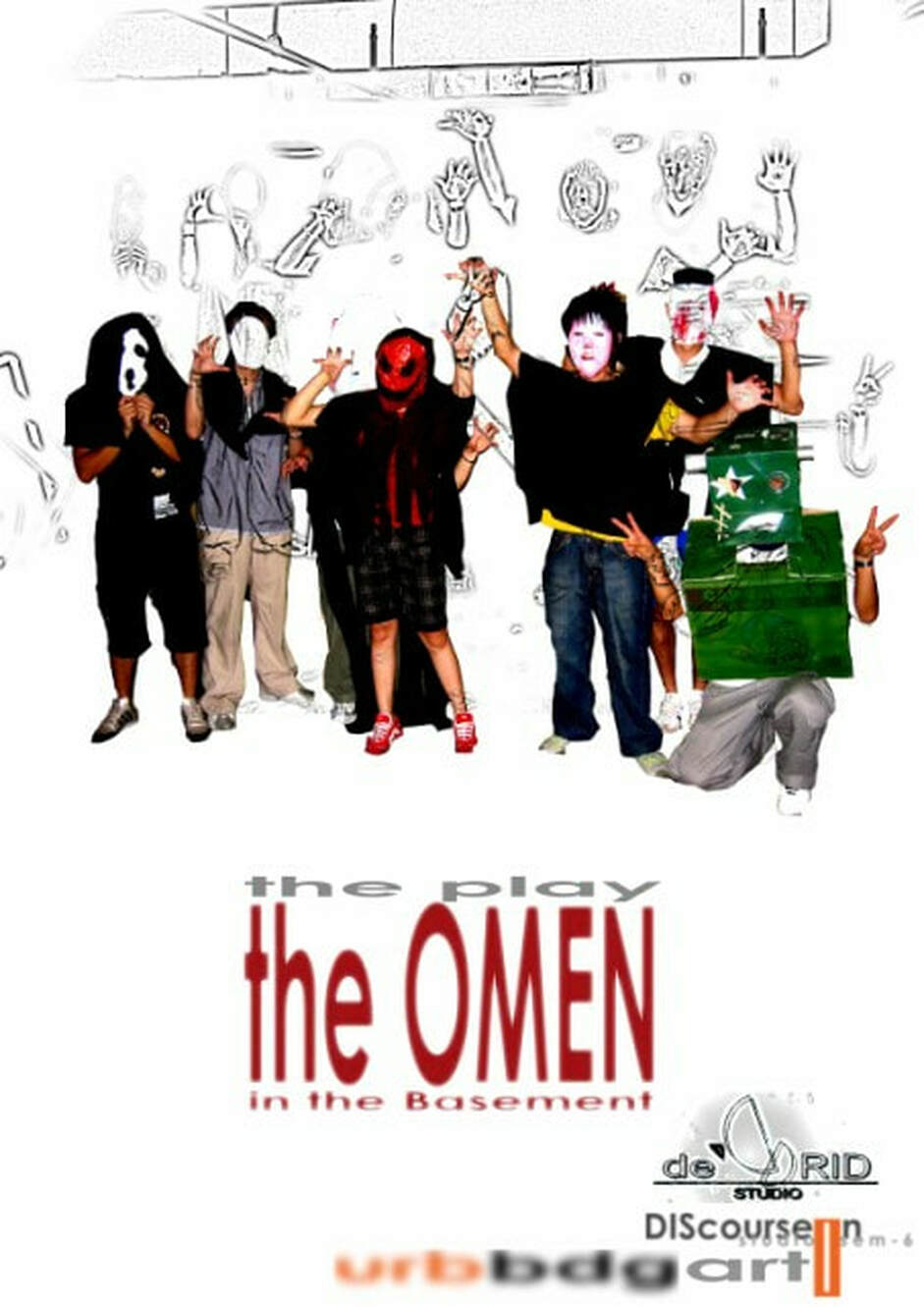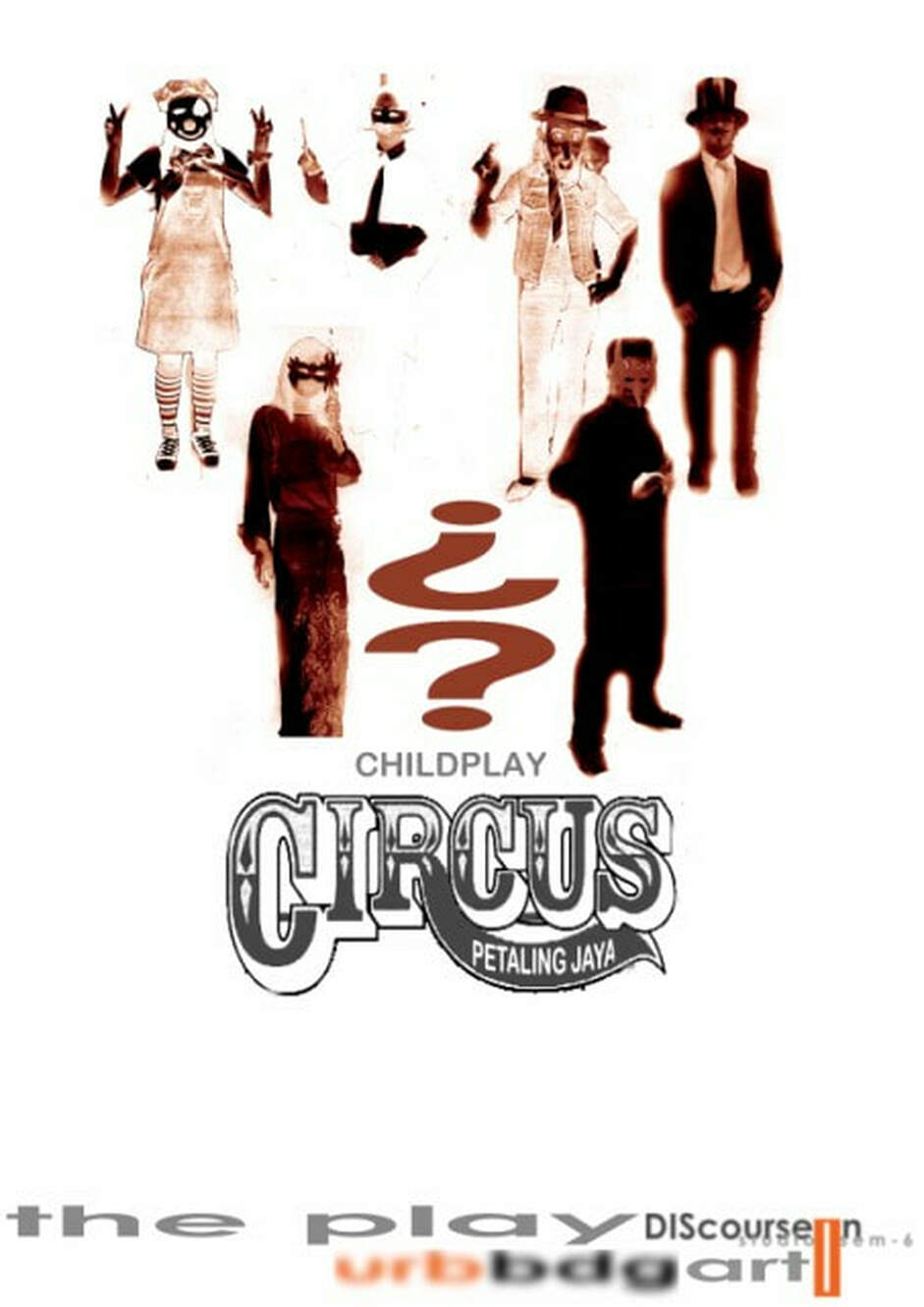THE PLAY
The earliest recorded theatrical event dates back to 2000 BC with the passion plays of Ancient Egypt. This story of the god Osiris was performed annually at festivals throughout the civilization, marking the known beginning of a long relationship between theatre and religion. In Western culture, the play originated inAncient Greece and was popular through Roman times. They began to fade from popularity until the late 16th century, when Shakespeare popularised theatres and plays. His influence on this literary form, and the English language, is still apparent today. Shakespeare may, in fact, have helped introduce the play to England, as before the late 1500s there were no set plays in England, just wandering minstrels performing scenes on request. The history of plays in Eastern theatre is traced back to 1000 BC with the Sanskrit drama of ancient Indian theatre. The earliest plays in Chinese theatre also date back to around the same time. Japanese forms of Kabuki, Noh, and Kyogen date back to the 17th century. Other Eastern forms were developed throughout China,Korea, and Southeast Asia. The most popular plays in the medieval Islamic world were passion plays known as ta'ziya, where actors re-enact episodes from Muslim history. In particular, Shia Islamic plays revolved around the shaheed (martyrdom) of Ali's sons Hasan ibn Ali and Husayn ibn Ali. Live secular plays were known as akhraja, recorded in medieval adab literature, though they were less common than ta'ziya plays. The Stage is set, here are the actors. from the design of the box to the design of the apparel and scripts. The realization of a model of production in an artefact scale.






